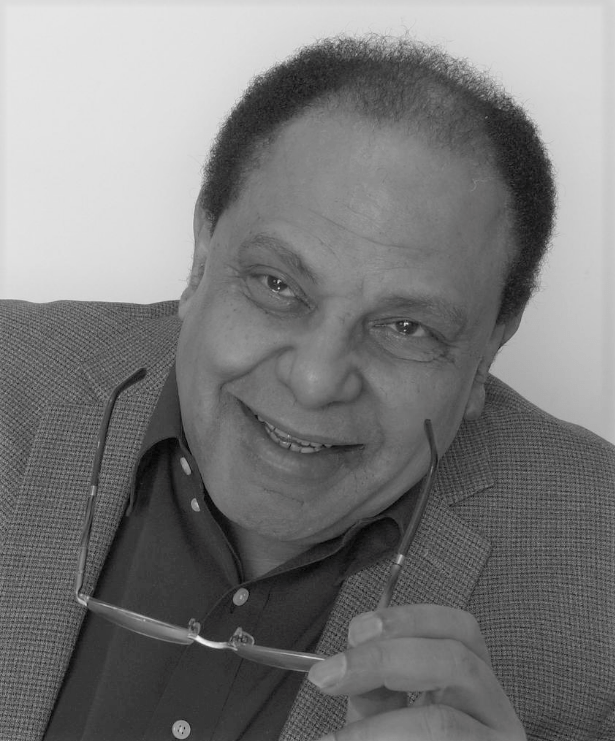
Alaa al-Aswani
- Egypt
- Zu Gast beim ilb: 2008, 2020
Alaa al-Aswani was born in Cairo in 1957. He attended the French secondary school in Cairo and studied dentistry at the university there and later at the University of Illinois, Chicago. He is still practising this profession. In 1990 he published his first collection of short stories. In addition, he became an editor of the literary section of the magazines »Al-Ahali« and »Al-Shaab«. He later wrote political articles for the Nasserist newspaper »Al-Arabi« and joined the oppositional movement »Kifaya« (Enough).
At the time, his first novel, »Imarat Ya’quobian« (2002; Eng. »The Yacoubian Building«, 2004), had already been published. The centre of Cairo, Wust al-Balad, in particular the Yacoubian flats, where al-Aswani had a dental practice for many years is the setting for the many intertwined strands in the plot. With linguistic dexterity and humour, al-Aswani touches upon provocative themes and social taboos: political corruption, everyday violence, feigned sexual morals and insurmountable class barriers. After being made into a film that was successful with audiences and festivals internationally the novel itself entered the ranks of the bestseller lists in France and Italy. Al-Aswani’s second novel »Šîkâgû« (2006; Eng. »Chicago«, 2007) deals with the co-existence of different cultures, and depicts anew the injustices of the author’s home country under autocratic rule. The action is set in the Histological Institute at the University of Illinois, Chicago, where Americans from different backgrounds cross paths with Egyptians. Their North African home country – abandoned by the immigrants to the U.S. in pursuit of illusions and the hope of a better future – remains the root of their culture and is ever-present for them. Through the figure of the secret service, the shadow of the Egyptian state pursues them. The narrative volume »Nīrān ṣadīqa« (2004; Eng. »Friendly Fire«, 2009) focuses on a budding professor of surgery. Without condemning the main character, al-Aswani depicts the protagonist as a failure who arrogantly and cynically denounces Egyptian culture. The novel »Nādī s-sayyārāt« (2013; Eng. »The Automobile Club of Egypt«, 2016) uses nuanced and powerful language to explore authority, dictatorship, and division in Egypt. Most recently, al-Aswani published the political novel »Gomhorreya kaanu« (2018; Eng. »The Republic, As If«, 2020), in which he looks back on the revolutionary year 2011 while also subjecting his homeland’s current state to a thorough social analysis.
Al-Aswani’s novels have been translated into twenty languages. The author has been distinguished with several awards, including the Prix Roman du Var, the Bruno Kreisky Prize, the Rückert Prize from the city of Coburg, and the Johann-Philipp-Palm Award for Freedom of Speech and the Press. He lives with his family in Cairo.
Watch Alaa Al-Aswani and Stefan Weidner at the 20th ilb on our YouTube-Channel: https://youtu.be/c0YhlW82h_U
Der Jakubijân-Bau
Lenos
Basel, 2007 [Ü: Hartmut Fähndrich]
Chicago
Lenos
Basel, 2008 [Ü: Hartmut Fähndrich]
Ich wolltʼ, ich würdʼ Ägypter
Lenos
Basel, 2008 [Ü: Hartmut Fähndrich]
Im Land Ägypten
Am Vorabend der Revolution
S. Fischer
Frankfurt a. M., 2011 [Ü: Hartmut Fähndrich]
Der Automobilclub von Kairo
S. Fischer
Frankfurt a. M., 2015 [Ü: Hartmut Fähndrich]
